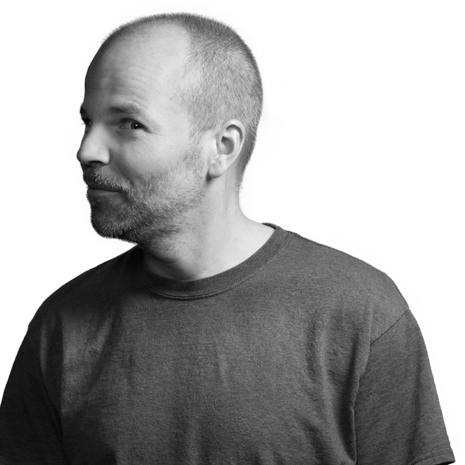It’s virtually guaranteed. We have the research to prove it. Last year, 4 out of 5 advertising industry employees experienced some form of mental illness. Four out of five. And that’s not in the course of a lifetime—that’s in one year.
Yes, I know it’s not right to call the mentally ill crazy. But it’s okay. I’m one of them. After all, I do work in this industry.
Chicken or egg?
So why is this happening more in our industry than others? Some think it’s a bit of a chicken and egg thing. It goes like this: people with creative minds who are attracted to creative industries show a higher tendency towards developing some kind of mental illness. Let’s call these the “chickens”. The creative industry which they are attracted to is a high stress one with a constant barrage of deadlines, tenuous job security and a nebulous enigma of a product. Let’s call the industry the “egg”. So which comes first? According to the survey, 40% of employees say their conditions started or worsened since entering the industry. So it does seem like the egg is at least partly at fault, and it’s clear the industry has a lot of work to do to better take care of the brains we employ. But in the meantime, the chickens are suffering.
Save the chickens
Insomnia, isolation, troubles eating, alcohol abuse. These were the most commonly reported challenges our colleagues and coworkers said they faced in the last year. They are all bad things that can lead to plenty of worse things. But if we’re more prone to mental illness, and the industry we’re attracted to brings out the crazy in us, is there any hope?
Yes, there's hope. Here are the four kinds of hope I use to cope with my own personal experience battling mental health challenges.
Squeeze in exercise and yoga.
Stress is going into all humans, all the time. In this industry, more stress is going into us than the average human. So we have to get that stress out or it will eat away at our minds and bodies. There are only two proven ways to get it out: exercise and meditation/yoga stuff. Squeeze them into your schedule. In fact, the more your schedule gets squeezed, the more you need to squeeze, smash, force, wedge, cram exercise and mindfulness into your life. Book them into your calendar. Start doing them at the office. At ZGM, we have bootcamps twice a week in each office. And intermittent yoga sessions. Lobby your workplace to do the same. It’s a matter of staff wellness, productivity, life, death. (Take whichever angle will be most effective for your particular employer.)
Start a brain bootcamp.
Our industry hires people for their brains. We know our industry will mess with those brains. So let’s start preparing those brains for the inevitable. It can make it a lot less scary or severe when it happens. Why not chat to someone before you go crazy (or super crazy)? Why not bring a brain bootcamp trainer into the office? (You don’t even need a shower—if all goes well.) Group sessions are a much more affordable option because individual private sessions are really expensive. Except when they’re not. See the next point.
Stop not using NABS
NABS is awesome and waaaaaayyyy underused. Results show only 4% of our industry used NABS last year—despite 80% of us suffering from the stuff NABS can help with. And it’s free. Yes, if you work in the media, marketing, and communications industry in Canada, help with your mental health is free through NABS. You can talk to someone short-term for up to six sessions. For free. They can also find other options for anyone needing more long-term help. You don’t have to find time to go to a clinic or sit in a waiting room. You just phone them. 1 888 355 5548. Call them. If you’re wondering if you need to, yes, you do. If you’re wondering if it’s for people like you, yes, it is.
Stop thinking booze and drugs are cool.
It was the same when I started twenty years ago. It was the same twenty years before that. And so on. Our industry glorifies alcohol and drugs more than the kids in high school who would brag about how much they barfed on the weekend. I can’t point fingers and am as guilty as anyone. But this is probably the craziest bit of all: a group of people more prone to anxiety and depression encourage the use of substances that increase anxiety and depression? In fact, the results show alcohol is the most common method our colleagues use to cope with mental illness despite knowing it’s not what they should be doing. So stop doing it. Be the brave one who starts turning the tide. Next time you think, no, I’d rather not feel anxious all weekend with a hangover—say it. Next time you think, no, last time I got drunk I felt down for like a week—say it. Chances are, 4 out of the 5 people around you feel the same.
We conducted a cross-Canada mental health survey with support from Ipsos Research and NABS (The National Advertising Benevolent Society). Have a look at the findings below.


